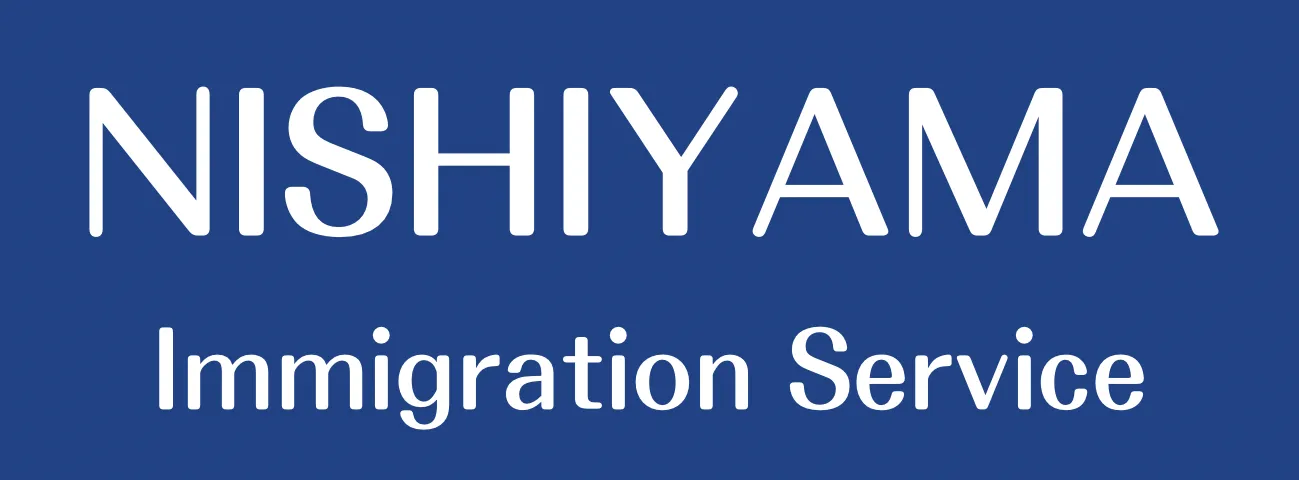Japan Immigration News
News Articles including "Immigration Policy"
Released on
Article Title
Tags
2026-01-30
Immigration Policy
2026-01-24
Immigration Policy
2026-01-19
Immigration Policy
2026-01-19
Immigration Policy
2026-01-17
Immigration Policy
2026-01-14
Immigration Policy
2025-12-22
Immigration Policy
2025-12-22
Immigration Policy
2025-12-08
Immigration Policy
2025-11-28
Immigration Policy
2025-11-27
Immigration Policy
2025-11-18
Immigration Policy
2025-11-12
Immigration Policy
2025-11-04
Immigration Policy
2025-10-23
Immigration Policy
2025-10-22
Immigration Policy
2025-10-20
Immigration Policy
2025-10-15
Immigration Policy
2025-10-12
Immigration Policy
2025-09-26
Immigration Policy
2025-09-23
Immigration Policy
2025-09-19
Immigration Policy
2025-09-03
Immigration Policy
2025-09-01
Immigration Policy
2025-08-29
Immigration Policy
2025-08-29
Immigration Policy
2025-07-31
Immigration Policy
2025-07-23
Immigration Policy
2025-07-20
Immigration Policy
2025-07-19
Immigration Policy
2025-07-16
Immigration Policy
2025-07-16
Immigration Policy
2025-07-15
Immigration Policy
2025-07-13
Immigration Policy
